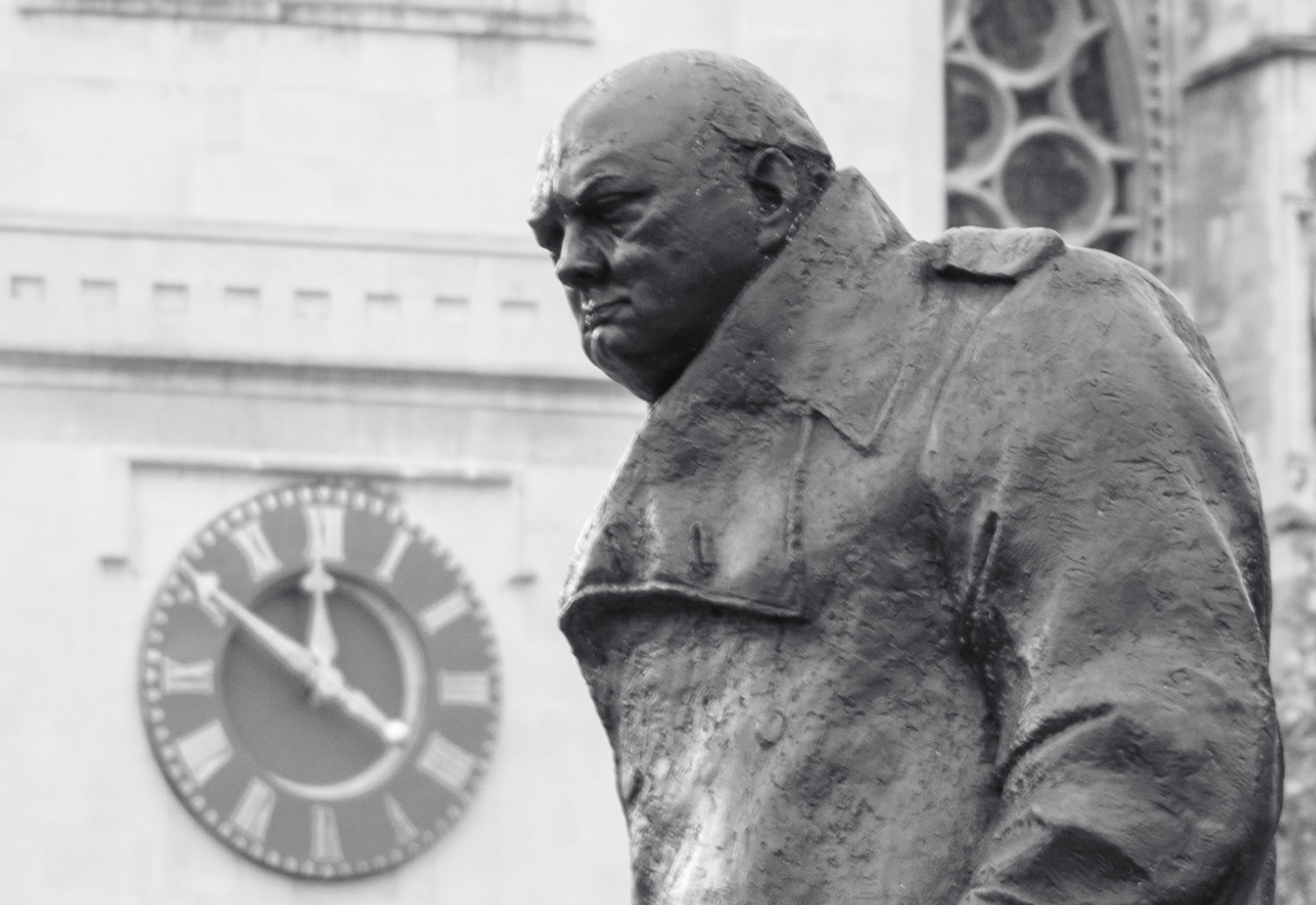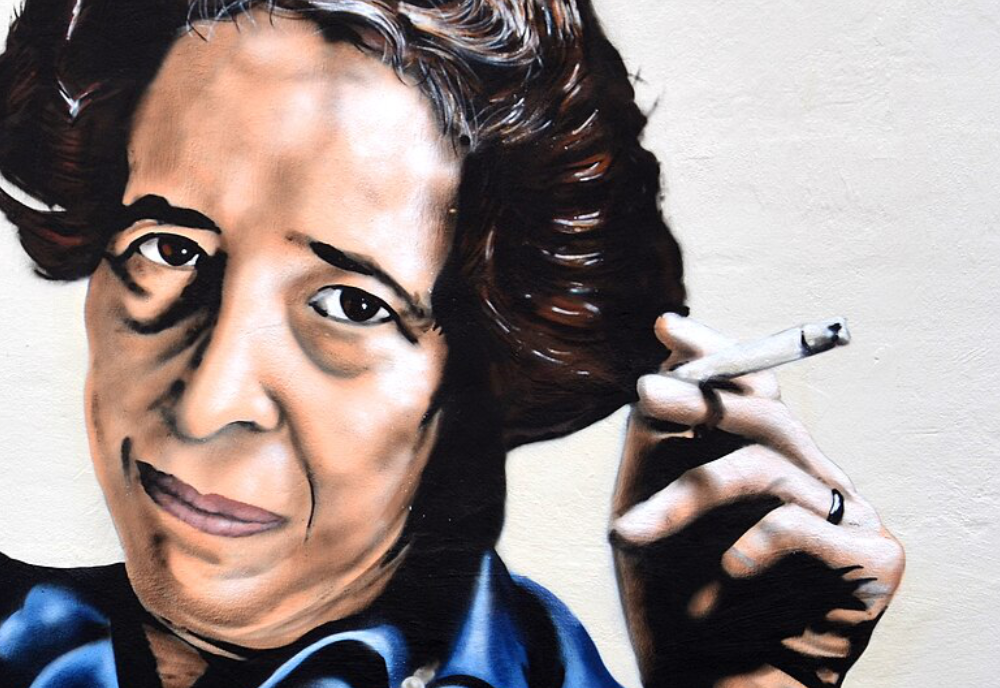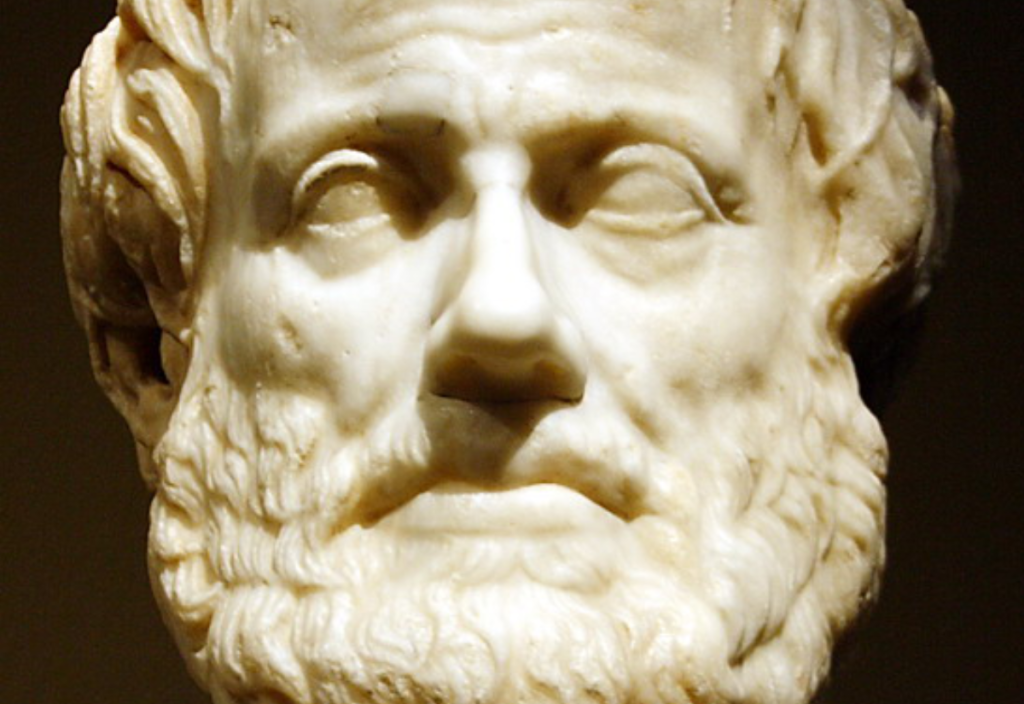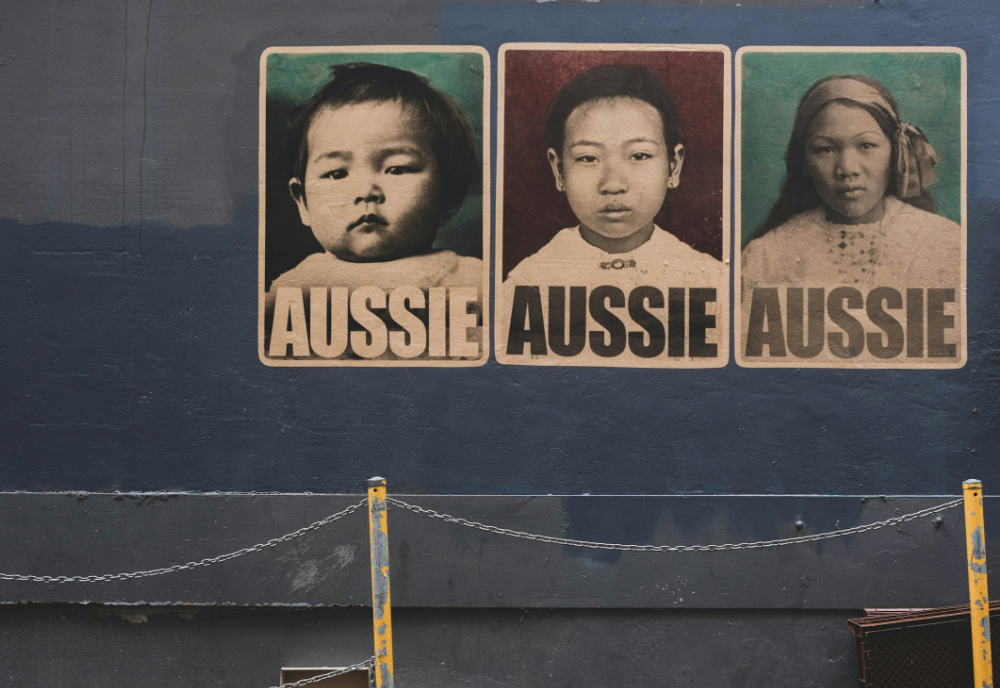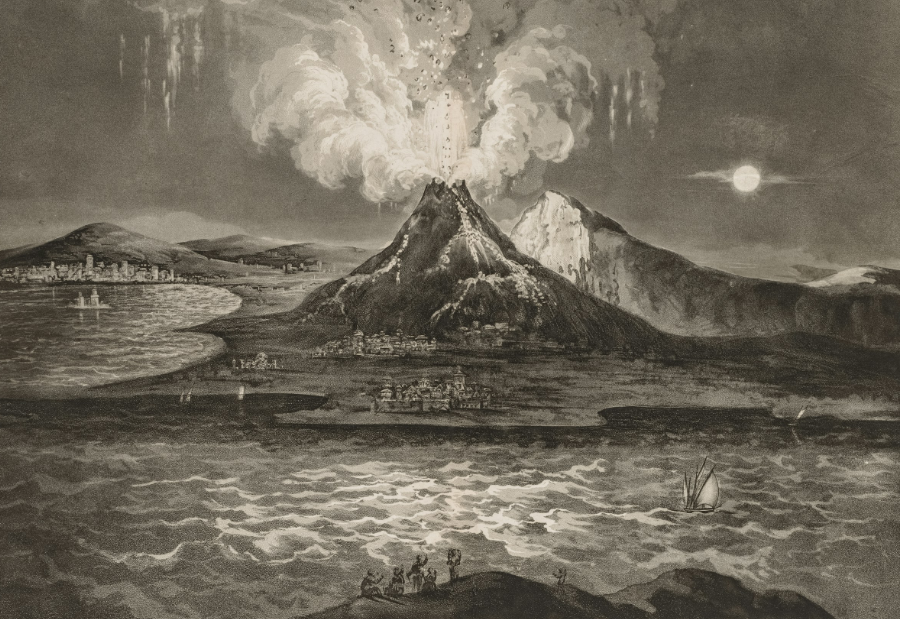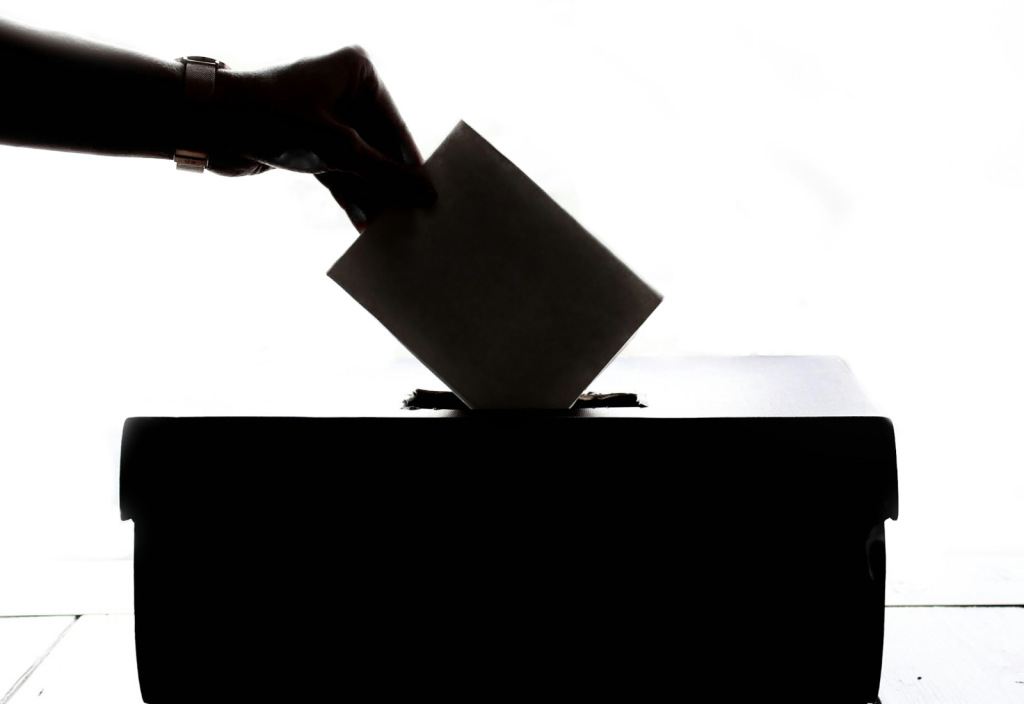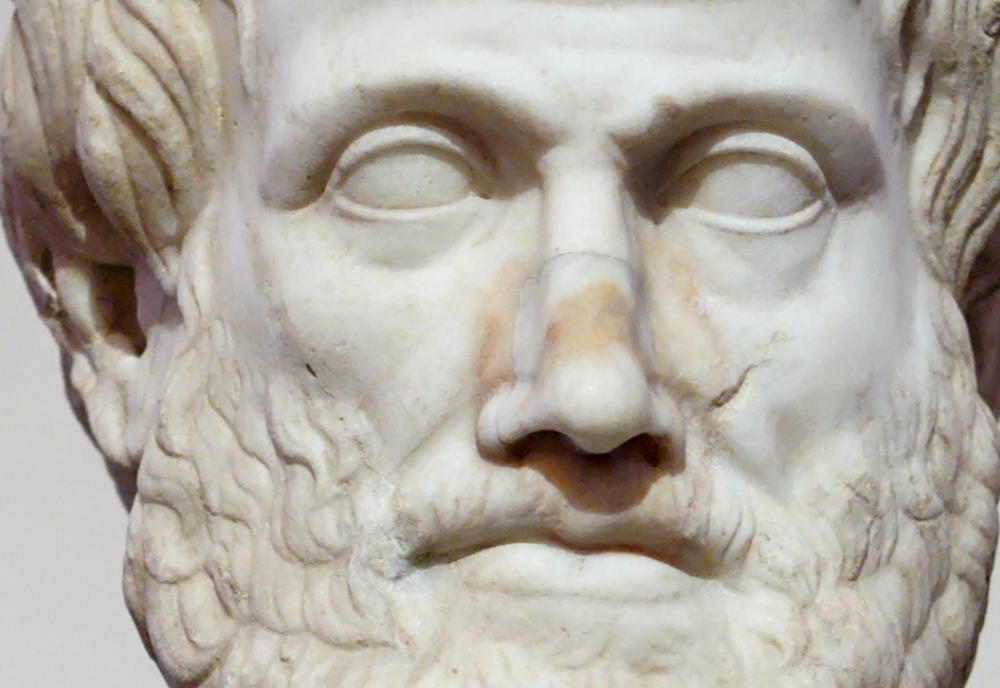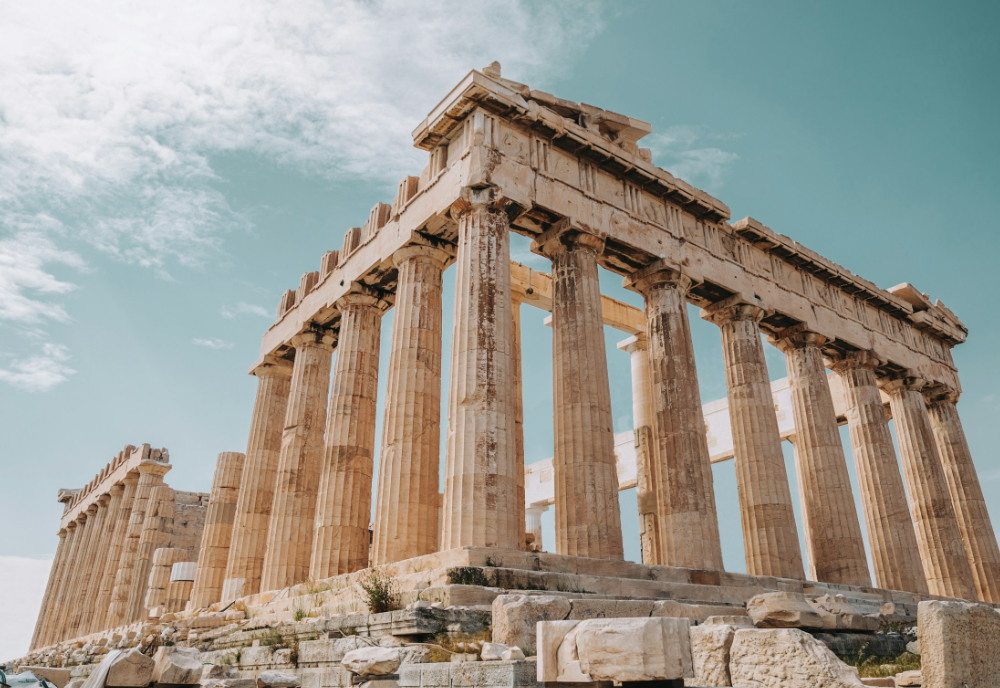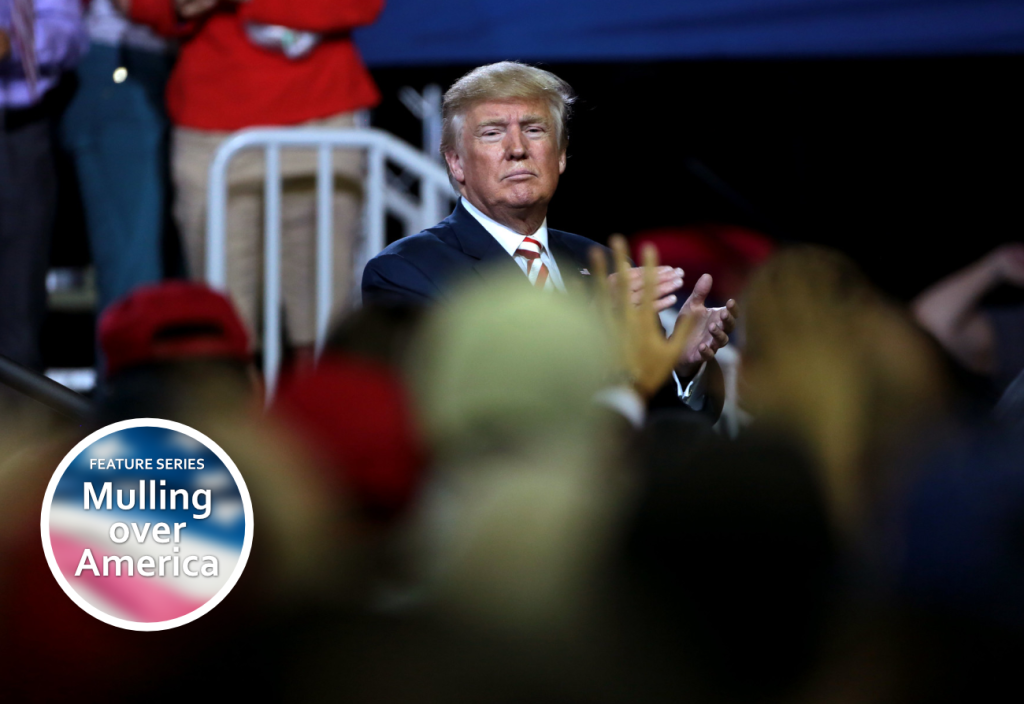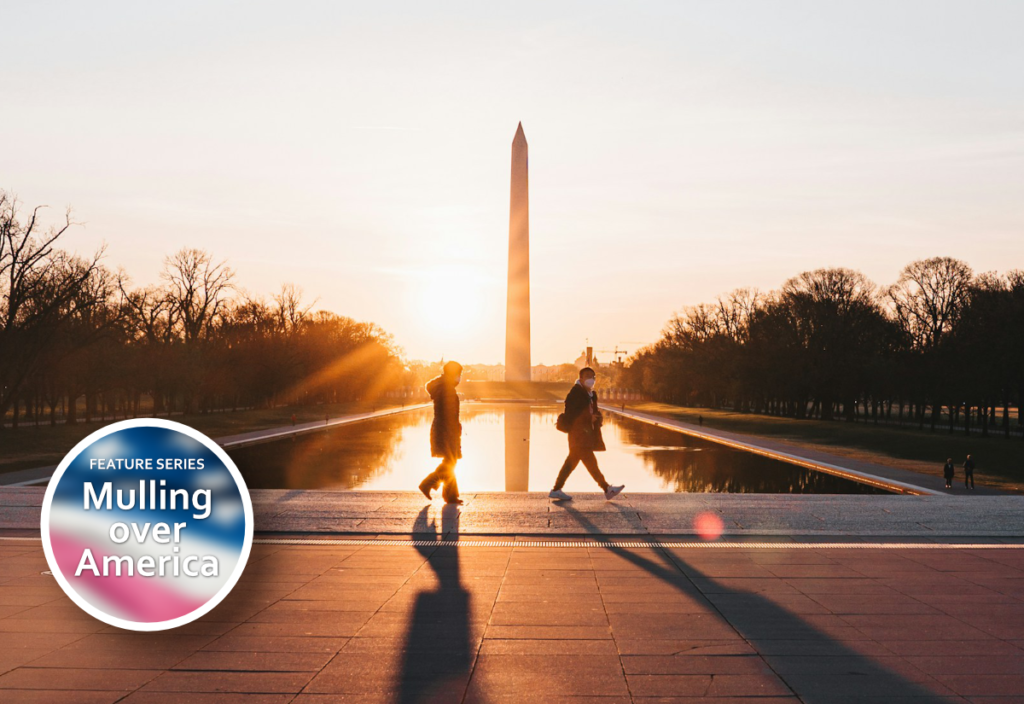To paraphrase Winston Churchill, democracy is the worst form of government — except for every other one we’ve tried. While democracy isn’t perfect, it’s the only political system that truly gives power to the people, guarantees individual rights and freedoms, and allows people to live and prosper in peace. But as Harvard University professors Levitsky and Ziblatt expound upon in How Democracies Die, democracy is fragile and will die if we don’t actively work to preserve it.
As Levitsky and Ziblatt explain, most democracies do not die suddenly in a violent coup, but rather slowly over time as democratic institutions and norms are eroded. They identify several warning signs of democratic decline, including attacks on the media, the judiciary and civil society, as well as the breaking of unwritten rules that serve as soft guardrails of democracy.
Chief among these unwritten rules is mutual toleration between political rivals as legitimate competition for political power, and institutional forbearance, in which political actors do not violate the spirit of the law for partisan gain even though their actions may be consistent with the letter of it. In a hyper-partisan environment with its win-at-all-costs mentality, mutual toleration and institutional forbearance break down, and democracy breaks with them.
So how can we ensure democracy survives?
Much ink has been spilled over addressing the root causes of political polarisation and democratic decline. This means tackling income inequality, which creates divisions in society and undermines trust in democratic institutions. It also means addressing issues like online echo-chambers, media polarisation and biased reporting, which can undermine public trust in the media and make it more difficult for citizens to make informed voting decisions.
These are complex systemic problems that admit of no easy solutions and offer no clear way for everyday people to contribute toward positive change. But there are practical things every citizen can do to help keep democracy strong.
One of the most important ways to preserve democracy is through civic engagement. This is crucial in times of political crisis. When democratic institutions are under threat, it is essential that citizens speak out and take action to defend them. This can involve attending protests, writing letters to elected officials, or engaging in civil disobedience when necessary. Picking up the phone to voice your concerns to your local representative can also go a long way.
But civic engagement is not just important during times of crisis. It is also essential in maintaining a healthy democracy during times of relative calm. When citizens are engaged in the political process they are more likely to hold politicians accountable and push for policies that reflect their interests. They are also more likely to understand political issues and make informed decisions at the ballot box.
When citizens are engaged in the political process they are more likely to hold politicians accountable and push for policies that reflect their interests.
But it’s not enough to simply keep up with political news, vote every few years, and hope for the best. I’ve lost count of how many conversations I’ve had with people complaining about an increasingly inept and corrupt political class full of people who are working to advance their own interests instead of the public interest. There are some good politicians, they say, but not enough.
To this I ask a simple question: “So what are you doing about it?” The fact I’m almost always met with stunned silence from people I know to be intelligent and politically well-informed tells us everything we need to know about why democracy is dying a slow death. They have fallen into the trap of cynicism and given up hope they can change things for the better. They are engaged enough to understand the problem but not engaged enough to be part of the solution.
And here’s the thing: being disengaged is a choice with consequences. People get what they vote for. But they also get what they don’t vote for when they aren’t involved in candidate pre-selections. It’s no good only voting at the ballot box if the choice is between bad or worse. It’s better to vote at candidate pre-selections so everyone has a choice between good or better come election day. And if no decent candidates are putting themselves forward, it is the duty of good citizens to throw their hat in the ring.
Political parties are democracy’s gatekeepers. We need only look at the calibre of many in our political class to see the gates are wide open and the factional hacks, fringe dwellers, and political demagogues are marching through.
And so we arrive at another crucial, but increasingly neglected means of civic engagement: being an active member of a political party that forms government. This is not something everyone has the time or energy for, but democracy will die if more people don’t make the time and effort.
We need more citizens who care about the public interest and know enough about politics and policy to thoughtfully engage and be actively involved in the political process. The larger and more diverse the membership bases of political parties, the more those parties benefit from the wisdom of the crowd, and the better the quality of the candidates they select to represent us all. Democracy is stronger as a result.
We must all play our part to safeguard democracy, the slow decline of which can be difficult to detect until it is too late. Stepping up in times of crisis and being informed voters is not enough. We need more active members of political parties that form government to ensure democratic institutions and norms are preserved for future generations. So let’s put down our phones, stop the doom scrolling, roll up our sleeves, and get to work.
This article was originally published on the author’s personal blog.
Photo by Greace Xaveria on Unsplash.

